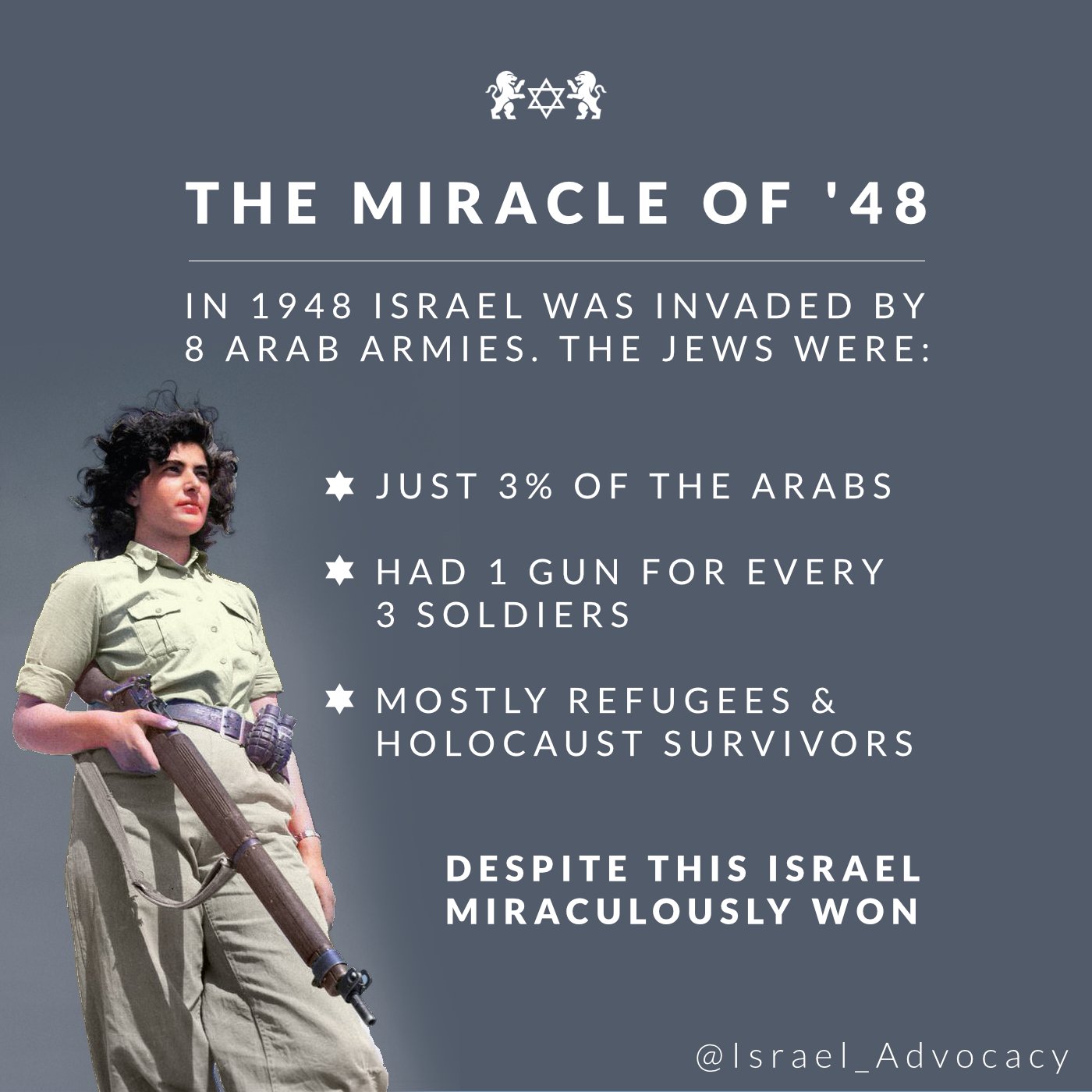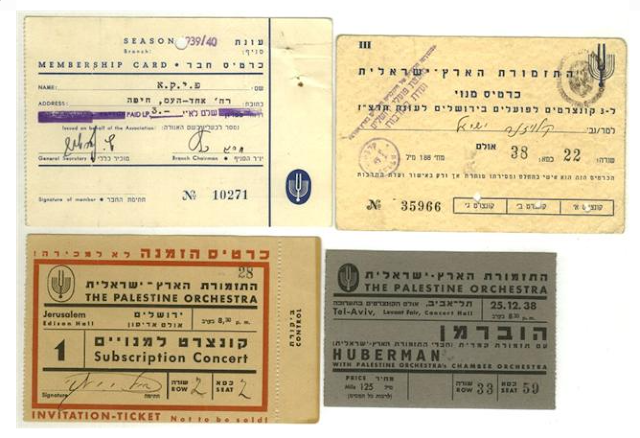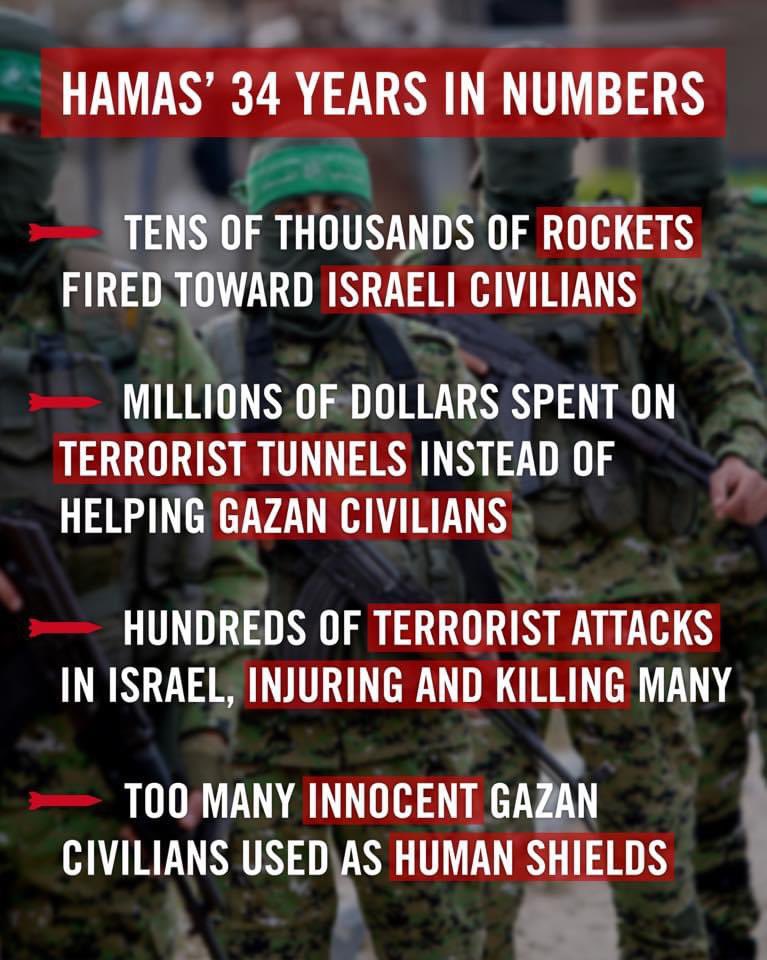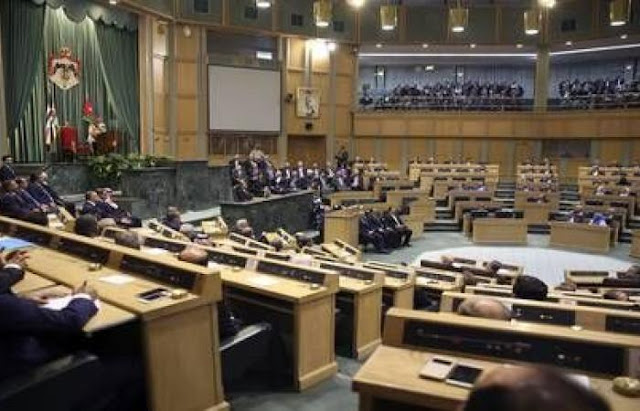Gil Troy: Anti-Zionists rob US Jews of their Zionist dreams
Our enemies try making Zionism a dirty word; in Israel, Zionism is a blessed blueprint, helping the Jewish people flourish. Our enemies try making Israel the world’s greatest problem; here, Israel is the greatest platform for finding meaning – and building a good life. Our enemies try unraveling Judaism, falsely distinguishing the religion’s “good” spiritual dimensions from the “bad” peoplehood and statehood parts; Israel – at this wedding and every day – brings alive the Jewish Oreo cookie, the natural integration between our religious and national identities, cemented by culture, history, fate and faith.
Our enemies try making every Israel-oriented conversation about the Palestinians and “the” Arab-Israeli conflict; but Israel is a multidimensional country with so much more to it than its Palestinian enemies. Prime Minister Naftali Bennett’s trip to the UAE proves that “the” Arab-Israeli conflict should be rebranded as the Arab-Israeli conflicts, wherein we emphasize “Peace More” – the growing peace we have with Egypt, Jordan, the UAE, Morocco and Sudan.
Sun Tzu taught 2,500 years ago: “If you know the enemy and yourself, you need not fear the results of a hundred battles. But if you know neither the enemy nor yourself, you will lose every battle. Most Israelis know themselves, their enemies, our identities – fewer American Jews do.
It’s easy to get mired in day-to-day problems. But anyone with any historical perspective should realize we all won the historical lottery. The young Jews marrying today, establishing homes in Israel, are far better off than their parents and grandparents were as they struggled to establish themselves in a war-torn, impoverished Israel, or their ancestors were in benighted, undemocratic, antisemitic countries, be they Tunisia, Yemen, Russia or Poland.
We should continue dreaming up solutions to our problems, while always appreciating how lucky we are to be living the dream, as a free people, with secure identities, in our homeland, the land of Zion, Jerusalem.
Hussain Abdul-Hussain: Introducing How to Fight Anti-Semitism in Arabic
Ideas Beyond Borders asked me to write a forward to Bari Weiss’s book How to Fight Anti-Semitism, which the organization is translating to Arabic. The lines below are a rough translation to English of the forward that I wrote to address an Arabic-speaking audience.Synagogue group helps Afghan family flee Taliban, reunite with relatives in New York
Arabs never experienced freedom. Islam, the religion of the majority of the Arabs, imagines a relationship between the individual and his Creator, and promises reward and punishment on the Day of Judgment, which — in theory — gives the believers a lifetime for experimenting with ideas and ideals that are at odds with the established norms. The majority of Muslims, however, violate such Islamic teaching by elevating the opinion of the group, often the ruling group, over the opinion of minority groups and individuals. The ruling Arab group therefore designs public space in its image, imposes its tastes, customs and traditions, and punishes dissenters, often accusing them of blasphemy and, at times, even practicing violence against them. This is the same tyranny against which Islam originally revolted, when the Messenger of Muslims rebelled against prevailing beliefs and customs.
The majority of Muslims are not aware of their tyranny, but rather perceive of their social code as being tolerant and merciful. Ask any Muslim about the situation of minorities in his country, and he will answer that their situation has been always excellent, and that the exodus of minorities has been for their own nefarious reasons, and because of foreign instigation and conspiracies against Islam and Muslims. Such Islamic perception falls short of understanding the meaning of equality.
The Islamic system of dhimma, reserved for the People of the Book (Jews and Christians), denies non-Muslims the rights that it grants to Muslims. The system was designed to encourage the conversion of non-Muslims, with lesser rights, to Islam, in order to allow them to enjoy full rights. Islam’s two-tier dhimma system entrenches inequality.
The family had been on the run for weeks already, since the Afghan government fell and the Taliban took Kabul.
They had fled the capital along with others in a convoy of buses, arriving in the northern city of Mazar-i-Sharif under the cover of night and taking cover in a wedding hall.
Taliban fighters prowled outside, carrying lists of names and photographs, and the furtive organizers of their group did not allow the family outdoors.
Eventually, some of the children in hiding got sick and needed medical attention, so the family ventured out.
“Anything could happen,” the father said. “Their checkpoints were increasing by the passing of each day. We didn’t know whose name was on their list or whose picture they used to carry.
“We did not go out until we had to.”
‘Chaos, like our country’
Months after fleeing Kabul, the family has reached safety and freedom in New York, with the help of organizations, relatives and individuals on the ground in the United States and Afghanistan.
Their journey illustrates the widespread, ongoing fallout from the messy American withdrawal from Afghanistan and the improvised networks used to extricate and support some refugees from the war-torn nation.











































.jpg)

